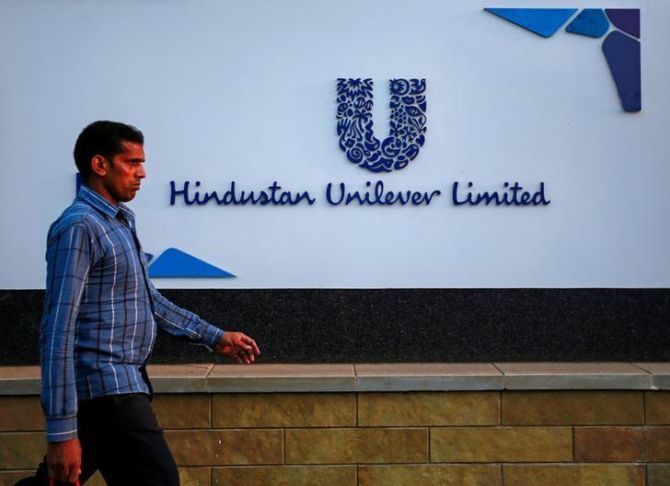This could be the first instance when a consumer goods company would move court against NAA. The confrontation began after the government cut tax rates on over 175 items like toothpaste, shampoo, shaving cream and washing powder to 18 per cent from 28 per cent.

The fight between the National Anti-profiteering Authority (NAA) and the largest fast-moving consumer goods firm is set to get uglier.
After one and a half years of the Goods and Services Tax (GST) coming into effect, Hindustan Unilever (HUL) is planning to take the NAA to court after the authority sent it a fresh order seeking Rs 223 crore (Rs 2.23 billion).
This could be the first instance when a consumer goods company would move court against the NAA.
In a filing to the Securities and Exchange Board of India (Sebi) on Wednesday, the FMCG company said it would “consider legal options available to it, given there is divergence on some basic issues” in determining the quantum of benefits to be passed on to consumers post-GST.
The Mumbai-headquartered firm also said the NAA’s latest order made “a narrow interpretation of the law and did not take into account well-established industry practice backed by law”.
Further, alleging the NAA order arbitrary, it said “no methodology has been determined by the NAA as required under law to determine if benefit has been passed or not”.
The backlash from HUL comes after a tug of war between the two for quite some time.
The NAA has sent several orders to the makers of Dove soaps in the past one year, alleging it of bagging benefits received from reduced tax rates.
The latest order came after the Director General of Anti-Profiteering (DGAP) filed a report to the NAA, accusing HUL of not passing on Rs 456 crore (Rs 4.56-billion) in benefits during the assessment period of November 15, 2017, to February 28, 2018.
Moreover, it was found that a sum of Rs 78.97 crore (Rs 789.7 million), which the HUL claimed as input tax credit (TRAN-2), was not passed on.
The report, however, noted that HUL has passed on benefits worth Rs 68.77 crore (Rs 687.7 million).
The latest order pegged the total amount of tax benefit that HUL had not passed on at Rs 383 crore (Rs 3.83 billion), after factoring in certain deductions.
As the firm had already deposited Rs 160 crore (Rs 1.6 billion) to the consumer welfare fund voluntarily, the NAA asked is to deposit the remaining Rs 223 crore (Rs 2.23 billion) in central and state consumer welfare funds.
Alleging HUL of deliberately bagging the profits from reduced taxation on its goods, the NAA order had said: “It is clear that the respondent (HUL) has resorted to profiteering being very well aware of the law and the rules which warranted him to pass on the benefit of GST rate reduction.
"It has further acted in conscious disregard of the obligation which was cast upon him to pass on the benefit of GST rate reductions.”
HUL said that in the absence of set guidelines on profiteering, it went by the spirit of the law and passed on the entire benefit received under GST to consumers - either through reduction in prices or through increase in grammage.
“HUL kept the government informed of the approach and the manner that it had adopted in passing on the GST benefits to consumers,” the company said on Wednesday.
The confrontation between the FMCG giant and the NAA began after the Central government reduced tax rates on over 175 items like toothpaste, shampoo, shaving cream and washing powder to 18 per cent from 28 per cent - effective from 15 November, 2017.
According to anti-profiteering rules, manufacturers have to pass on the added benefits from reduced taxation to its customers, failing which it would have to deposit the amount to the government’s consumer welfare funds.
After the reduction, the authorities had also asked the manufacturers to affix additional labels or print the reduced maximum retail price on every pack of products.
They were also instructed to publish the same on newspapers, informing consumers.
Photograph: Danish Siddiqui/Reuters











